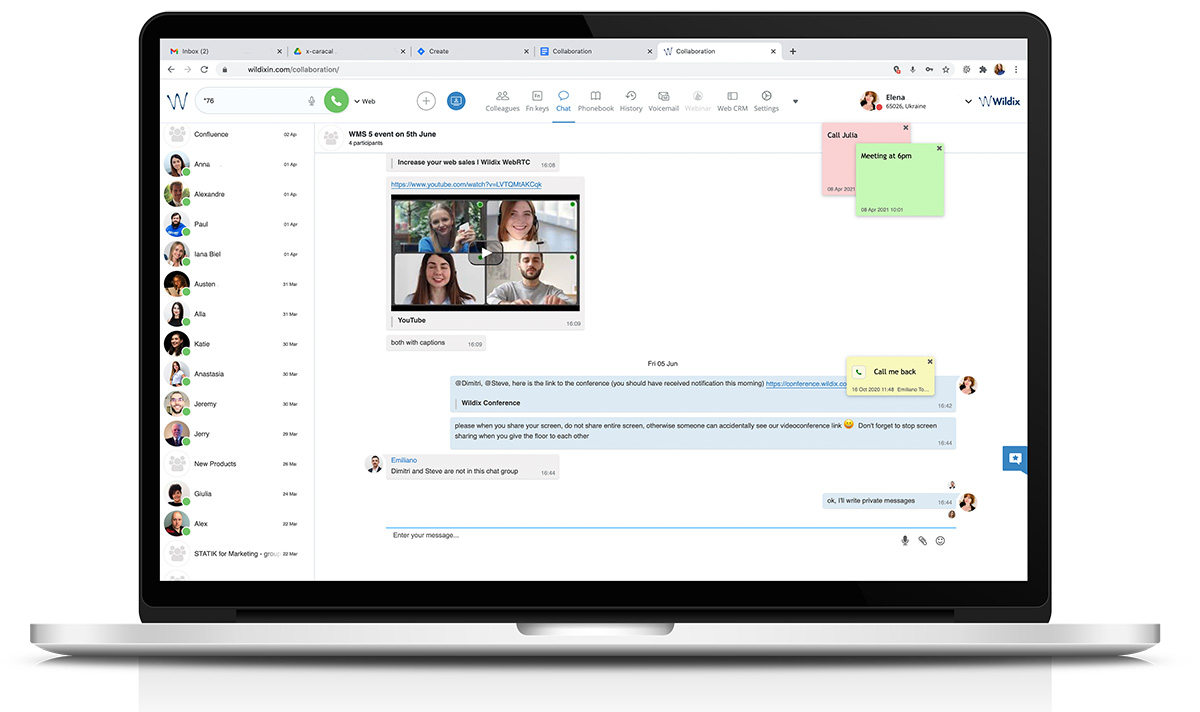Book a Demo
Have you got the Wildix potential? Ready to dive into its benefits?
Then don’t waste any more time.
Then don’t waste any more time.
Learn about the Future of Business Communications
Fill out the form to download the White Paper “The Future of Communications”
Wildix Magazine
Join the Wildix world of profitable businesses and stand out from the crowd. Fill out the form and receive the Wildix Magazine for free.







